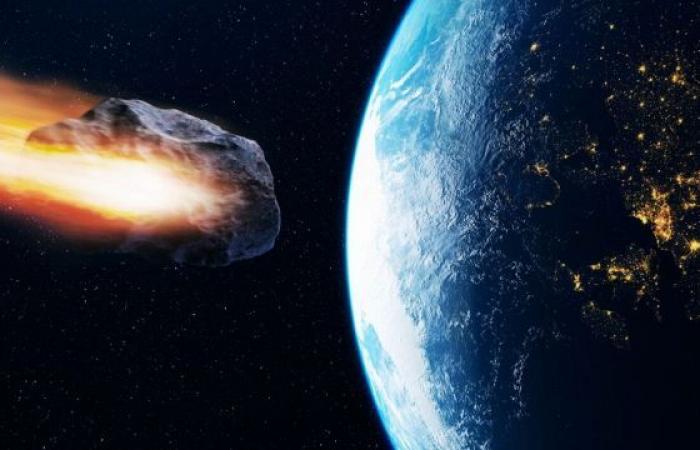The mysteries of the sky and the galaxy around us are infinite. Any of us has found ourselves admiring the sky and asking questions about the vastness of infinite space. The universe seen from Earth it is something inscrutable, at least to a large extent. And the uncertainties that concern him attract and scare at the same time.
One of the biggest fears forhumanity is that an asteroid towards Earth is capable of ending life, as happened about 65 million years ago with the dinosaurs.
A recent one study from the NASA However, he made a discovery that seems incredible. What if it were one of those asteroids that we fear so much that could save us all?
Why serve an asteroid to unite humans
The question may be strange: if a threatening asteroid contributed to unite human beings, too often in conflict with each other? Experts are sure that dealing with a dangerous asteroid that has put our planet in the crosshairs will require a good deal of international cooperation. Unity is strength, after all, even more so if it served to avert the end of us all.
The UN has developed procedures to respond to tsunamis and other major events, but large-scale collaboration would be needed for an asteroid impact.
We would start from a coordination of evacuations of people in the potential impact zone, provided that it can be accurately calculated in time. While it is true that to date all the asteroids studied do not represent a real threat to the Earth, every possibility must still be evaluated. A bit like it was for the asteroid Apophis which in 2029 will pass at a distance of approximately 37,000 km from our planet, a tenth of that which separates us from the Moon. In short, close. Very close.
How the NASA study works
Leviticus Lewis is the United States Federal Emergency Management Agency (FEMA) appointee to NASA’s Planetary Defense Coordination Office (PDCO) who is discussing the results of the fifth Interagency Planetary Defense Exercisean asteroid threat simulation that took place April 2-3, 2024, at the Johns Hopkins Applied Physics Laboratory (APL) in Maryland.
The previous experiments were carried out by NASA in the years 2013, 2014, 2016 and 2022 and aim to evaluate the ability to respond effectively to the threat of a potentially dangerous comet. The participants are almost 100 people from various US federal agencies and other international institutions. An asteroid that has the 72% of possibility of impacting the Earth the July 12, 2038. The fall point would correspond to a territory that includes large cities such as Dallas, Memphis, Madrid and Algiers.
The researchers did not provide any other data on the composition of the celestial body or its precise dimensions. More information about the new space rock will not be available for a while, as it has disappeared behind the Sun, making no new telescopic observations possible for seven months. “The uncertainties in these conditions allowed participants to consider a particularly challenging set of circumstances,” he said Lindley Johnson, planetary defense officer emeritus at NASA Headquarters in Washington. A large asteroid impact is potentially the only natural disaster that humanity has the technology to predict.
Participants in the exercise discussed next steps. They looked into it three possibilities for the future, one of which was to do nothing until new details about the asteroid become available. The other two were to begin studying and also develop a research mission on the menacing space rock with a I fly over. At the moment the real focus of the process remains the ability to plan and cooperate, how various world powers can communicate and work with each other to ward off potential future threats from space.






